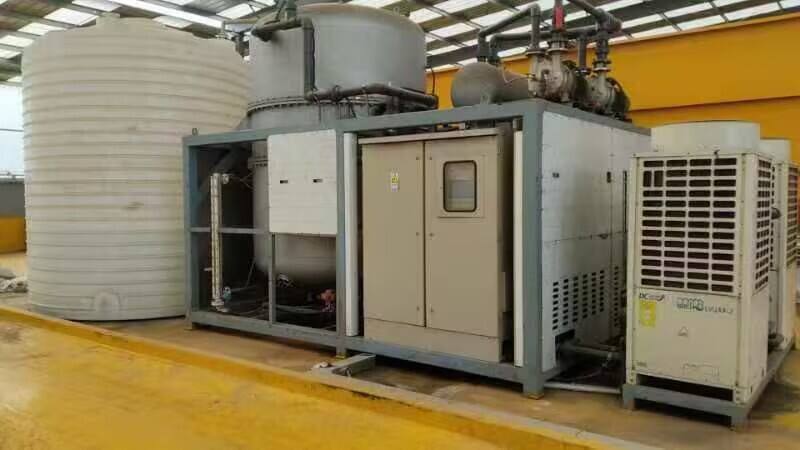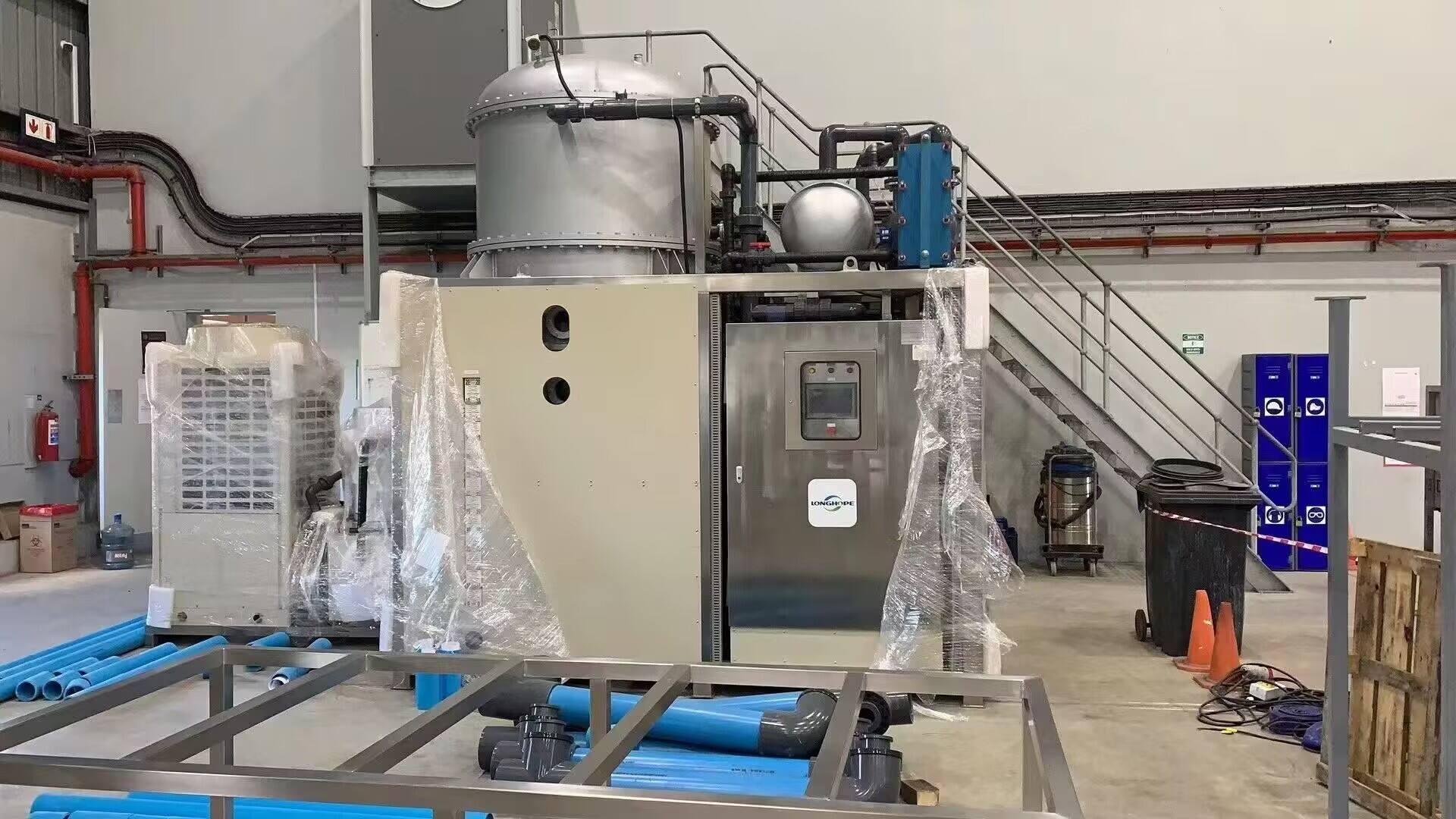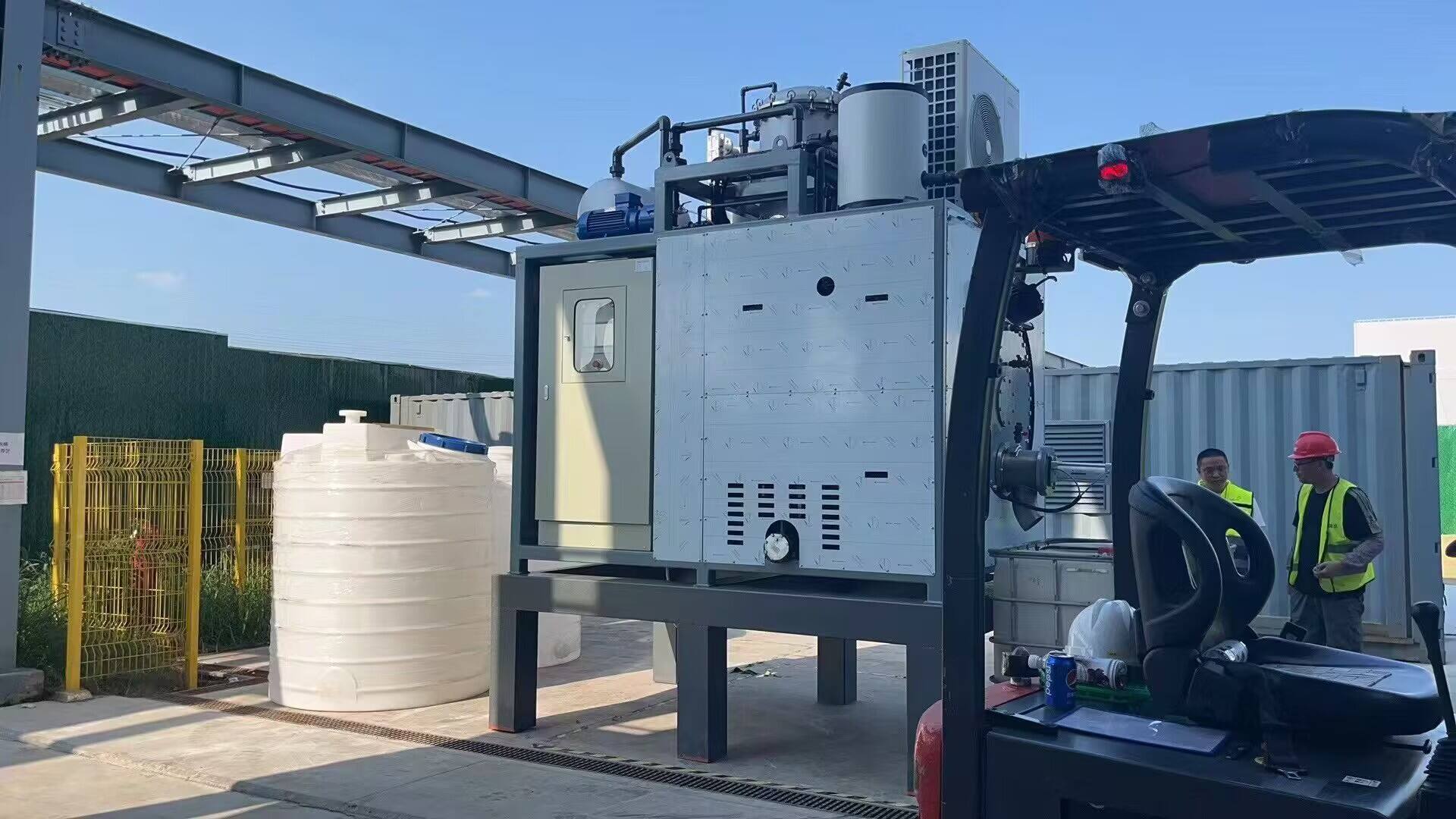industrial vacuum evaporator factory
The industrial vacuum evaporator factory represents a state-of-the-art manufacturing facility dedicated to producing advanced wastewater treatment solutions. This facility specializes in designing and manufacturing vacuum evaporation systems that efficiently separate water from various industrial waste streams. The factory employs cutting-edge automation technology and precision engineering to create evaporators that operate under controlled vacuum conditions, significantly reducing the energy requirements compared to traditional evaporation methods. The facility's production line incorporates multiple quality control checkpoints, ensuring each unit meets stringent performance standards. The manufacturing process encompasses everything from raw material processing to final assembly, with specialized areas for thermal system integration, vacuum component manufacturing, and control system implementation. The factory's capabilities extend to producing various evaporator models, ranging from small-scale units processing 100 liters per day to industrial-scale systems handling over 100,000 liters daily. Advanced testing facilities within the complex allow for comprehensive performance verification under various operating conditions, ensuring optimal functionality before shipment.


